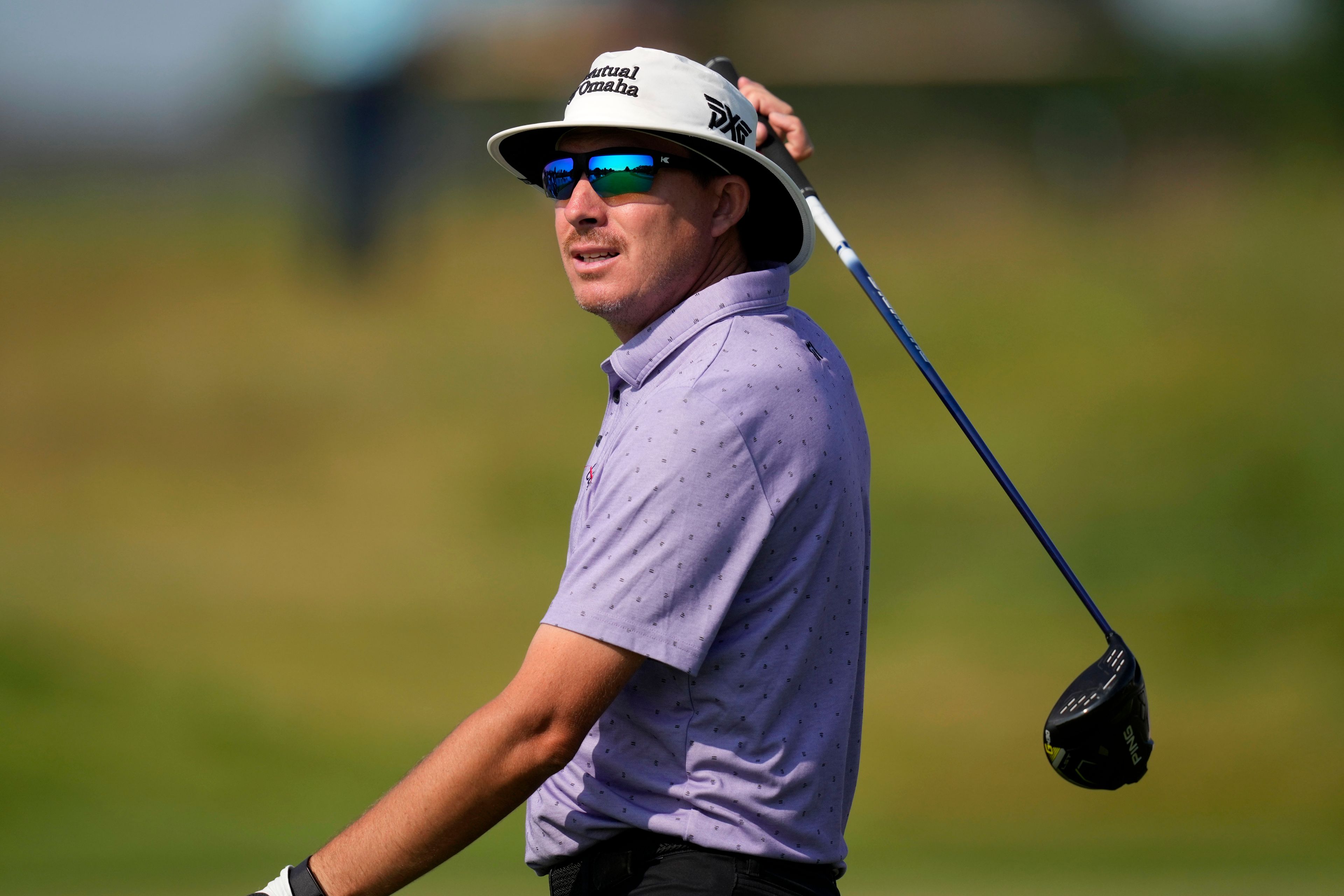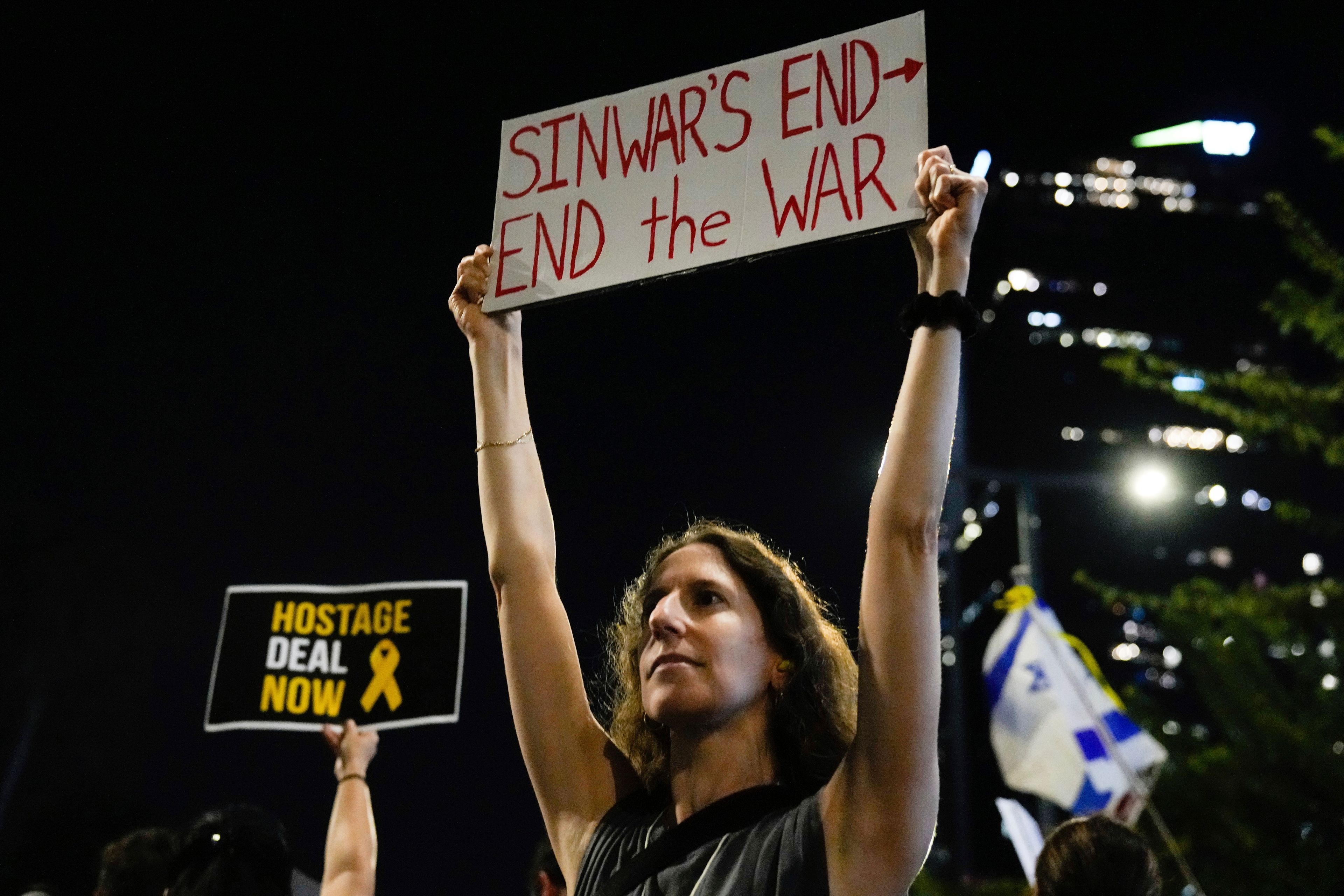Ed Cheff, the legendary coach who turned the Lewis-Clark State College baseball program into a small-school powerhouse, died Saturday at his home in Sequim, Wash. He was 78.
Gary Picone, the former LCSC athletic director and a longtime assistant coach for Cheff, confirmed Cheff’s death to the Tribune.
During his tenure as coach of the Warriors from 1977 to 2010, Cheff led one of the most successful programs at any level of college sports. He compiled a 1,705-430-4 record and guided LCSC to 16 championships at the National Association of Intercollegiate Athletics level.
He has the fifth-most wins of any college baseball coach at any level, and no one in the sport comes close to his collection of national titles.
Cheff also was instrumental to LCSC's successful campaign to bring the NAIA World Series to Lewiston in 1984. The Warriors won their first championship during the initial tournament at their home venue, kicking off a remarkable run of success that saw them gather 16 titles in 25 years.
"He'll go down in the history books as maybe the greatest baseball coach in college baseball history," said Cumberland (Tenn.) coach Woody Hunt when Cheff announced his retirement in the summer of 2010. "His record proves that."
Cheff was the first inductee into the Warrior Athletic Hall of Fame in 2011 and the school modified the name of its baseball field to Ed Cheff Stadium at Harris Field in 2017.
Cheff's teams were known for their tough, no-nonsense approach to the game, which he drew out of them with demanding training methods and regimented practices styled after football drills. Former Warriors often tell stories about Cheff's unusual methods, such as pitting players against each other in boxing matches or having them run up the Lewiston Hill.
Cheff's intense in-game persona was well known by fans, opponents and umpires, the last of whom often faced his wrath. Wearing his trademark No. 27 jersey, Cheff was part of the show at LCSC games, smacking grounders to his infielders during pregame warmups and gesticulating in the third-base coach's box when the Warriors were batting.
He recruited players from all around the country and occasionally overseas, but always had some homegrown talent from the Lewiston-Clarkston Valley. He had 114 players selected in the professional baseball draft, and 14 of them made it to Major League Baseball.
The Warriors dominated most of their NAIA competition, and also held a winning record against NCAA Division I programs. Cheff’s teams went 87-66 against Washington State and its celebrated coach, Bobo Brayton, and notched a few victories against highly ranked NCAA foes, such as beating Wichita State, the eventual NCAA champion, during the 1989 regular season.
Cheff's Warriors also were involved in the community, volunteering at schools or with service projects, and that outreach was reciprocated by LCSC boosters, who helped fund the team's travel and assisted with the gradual improvements of Harris Field.
Cheff was born in Butte, Mont., and his family later settled in Woodland, Wash. He played football and baseball at Lewis & Clark College in Portland from 1962-65, and started his coaching career as a football assistant at the high school in Tillamook, Ore.
In 1973, he became the baseball coach at Lower Columbia College, a junior college in Longview, Wash. He compiled a 120-30 record in four seasons.
In 1977, Cheff brought his family – wife Karen and sons Trevor, Tyler and Toby – to Lewiston, where he took charge of LCSC's program. He replaced Ramon Hooker, who abruptly resigned after leading the Warriors to a second-place finish in the Series in 1976.
Cheff initially enrolled in a doctoral program at WSU, but he soon shelved those plans and focused on building LCSC's program.
Cheff also was on the coaching staff for Team USA in 1991 and again in 1994, when he served as hitting and third-base coach at the World Championships. He also spent seven summers coaching baseball in the Alaska Collegiate League, which features college baseball players from across the United States.
His last two LCSC teams went 1-2 in the Series, which made it somewhat surprising when he announced his retirement in 2010 at the age of 67. Cheff said he wanted to spend more time with his grandchildren and pursue outdoor activities. A few years later, he and wife Karen moved from the Lewiston area to Sequim, Wash., to be closer to family.
"I never got burned out on baseball," Cheff said the day after announcing his retirement. "No, no – no burnout. I loved it to the last game, the last practice."
Baney may be contacted at mbaney@lmtribune.com or (208) 848-2262. Follow him on Twitter @MattBaney_Trib.









